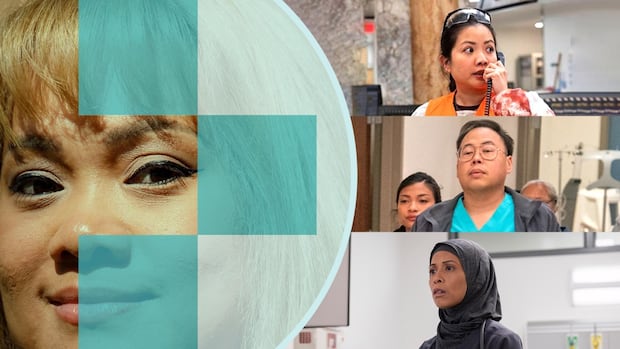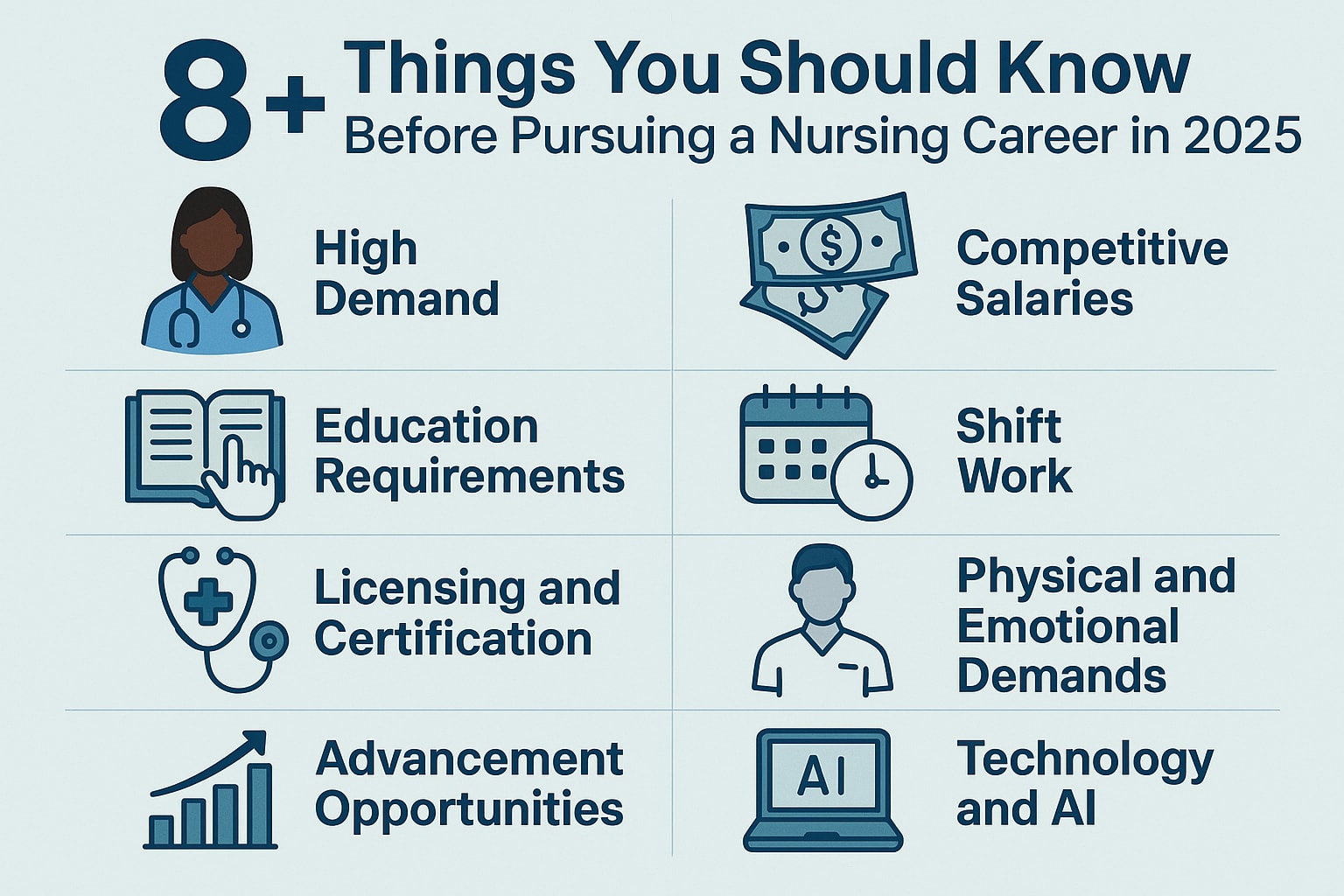WHO calls on nurses to lead fight against FGM

The World Health Organization (WHO) has urged nurses and other health workers to be “agents for change” in eradicating female genital mutilation (FGM) rather than perpetrators of the harmful practice.
The global body has made the call to action amid rising concerns about the “medicalisation” of FGM – a form of violence against women and girls that is illegal in the UK.
“This is a global issue everyone must play a part in addressing”
Sema Gornall
It comes as part of a refreshed guideline published this week by the WHO on how to prevent FGM and the clinical management of complications, to ensure that survivors get the best care possible.
Typically carried out on young girls before they reach puberty, FGM includes all procedures that remove or injure parts of the female genitalia for non-medical reasons.
While the health sector currently plays a key role in stopping FGM and supporting survivors, the practice is now increasingly performed by healthcare workers, warned the WHO.
The WHO reported that, as of 2020, 52 million girls and women were subjected to FGM at the hands of health workers – around one in four cases.
Evidence has shown that, no matter who performs FGM, it causes harm.
However, some studies have suggested it can be even more dangerous when performed by healthcare workers since it can result in deeper or more severe cuts.
The WHO warned that the “medicalisation” of FGM risks “unintentionally legitimising” the practice and could undermine efforts being made across the globe to eradicate it.
The new guideline set out several up-to-date recommendations on FGM prevention.
It called for professional codes of conduct for health workers to be developed and enforced “in compliance with a zero-tolerance approach to FGM” and aligned with human rights and ethical principles.
Similarly, it set out that laws that protect and support women and girls who have undergone or are at risk of FGM should be developed and enforced, and must be applied to health workers.
Dr Pascale Allotey, WHO’s director for sexual and reproductive health and research, said: “Female genital mutilation is a severe violation of girls’ rights and critically endangers their health.
“The health sector has an essential role in preventing FGM – health workers must be agents for change rather than perpetrators of this harmful practice and must also provide high-quality medical care for those suffering its effects.”
Other recommendations in the guideline included calls for health workers to be trained in approaches to prevent FGM and manage FGM-related health complications.
The WHO also called for health workers to have access to “capacity-building” resources including information and education to improve their understanding of FGM, associated complications and their management.
Similarly, the document said women and girls living with or at risk of FGM should be provided with educational interventions such as group health education, one-to-one FGM education or FGM-prevention counselling.
In addition to prevention, the guideline included several clinical recommendations to help ensure access to empathetic, high-quality medical care for FGM survivors.
Christina Pallitto, a WHO scientist who led the development of the new guidance, said: “Research shows that health workers can be influential opinion leaders in changing attitudes on FGM, and play a crucial role in its prevention.
“As a specialist healthcare professional this guidance gives me so much hope”
Huda Mohamed
“Engaging doctors, nurses and midwives should be a key element in FGM prevention and response, as countries seek to end the practice and protect the health of women and girls.”
A survey carried out in 2023 by Nursing Times and FGM charity The Vavengers found that more than a third of nursing professionals in the UK have received no training on FGM.
It further found that a quarter of nurses would not feel confident asking female patients about FGM even if they suspected that the patient was a survivor.
Responding to the WHO guideline, The Vavengers chief executive Sema Gornall told Nursing Times that it was clear that FGM remained an “underrepresented and underfunded issue”.
She said: “We welcome this guidance as a key resource for everyone.
“We must pay attention to the highlights of this report, as it clearly states FGM continues to be medicalised, with women and girls subjected to it increasing across the globe. This is a global issue everyone must play a part in addressing.”

Huda Mohamed
Meanwhile, Huda Mohamed, FGM specialist midwife and community ambassador at The Vavengers, told Nursing Times that it was “highly concerning” that FGM continues to be medicalised by healthcare professionals.
For this reason, she said it was right for the WHO to warn healthcare professionals against performing FGM in any setting.
Ms Mohamed added: “As a specialist healthcare professional this guidance gives me so much hope and FGM shouldn’t happen under any circumstance.
“The healthcare rights of women and girls in Africa, Asia, Europe and everywhere else matters and we must pay attention to this guidance and recognise healthcare professionals have to lead the work against FGM for safety and wellbeing of women and girls.”
link





